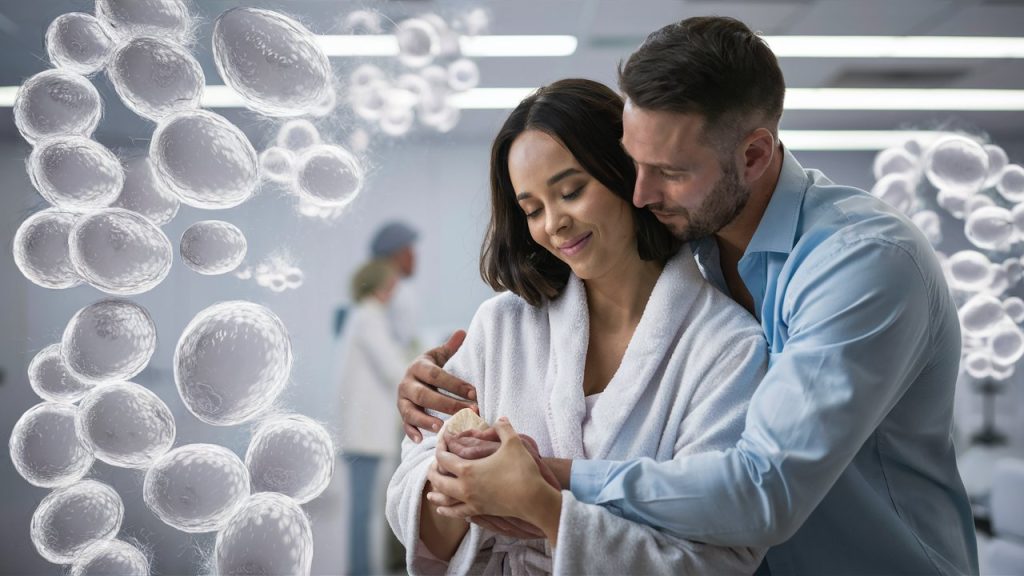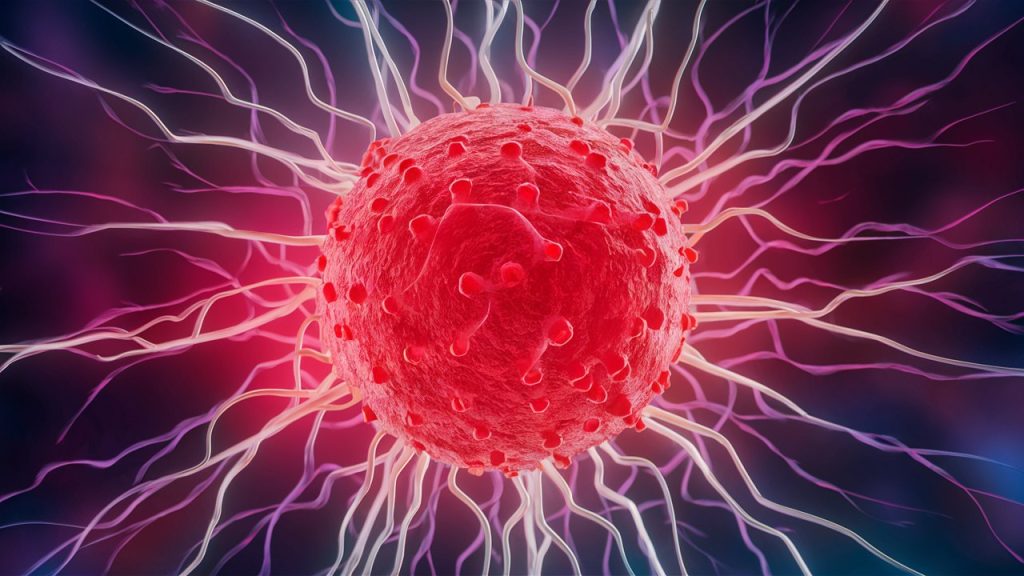Table of Contents
Introduction
Egg donation, or doação de óvulos, is an incredibly generous act that allows many individuals and couples to experience the joy of parenthood. Whether you’re considering becoming an egg donor or recipient, understanding the process, benefits, and potential risks is essential. This guide will walk you through every aspect of doação de óvulos, offering insights and valuable information to help you make informed decisions.
Understanding Doação de Óvulos
Definition and Overview
Doação de óvulos refers to the process where a woman donates her eggs to another person or couple who cannot conceive naturally. This donation is typically used in assisted reproductive technologies (ART) like in vitro fertilization (IVF). Egg donation has become a vital part of many fertility treatments, providing hope and solutions for those struggling with infertility.
Why People Consider Egg Donation
People consider doação de óvulos for various reasons. For donors, it can be a way to help others achieve their dreams of becoming parents. For recipients, it often represents a chance to have a child when other methods have failed. Additionally, egg donation can be a path for women with certain medical conditions or genetic concerns to ensure the health of their offspring.
The Egg Donation Process
Initial Consultation
The journey begins with an initial consultation at a fertility clinic. During this meeting, potential donors and recipients learn about the process, medical requirements, and what to expect. This consultation is crucial for setting realistic expectations and understanding the commitment involved.
Medical and Psychological Screening

Before proceeding, donors undergo rigorous medical and psychological screening. This ensures they are in good health and mentally prepared for the process. Screenings typically include blood tests, ultrasounds, and interviews with mental health professionals.
Legal Considerations
Legal aspects are a significant part of doação de óvulos. Contracts outline the rights and responsibilities of both donors and recipients, addressing issues like anonymity, compensation, and future contact.
Matching Donor and Recipient
Once cleared, the matching process begins. Clinics use various criteria, including physical characteristics, medical history, and sometimes personal preferences, to pair donors with suitable recipients.
Egg Retrieval Procedure
The egg retrieval procedure is a minor surgical process. It involves stimulating the donor’s ovaries to produce multiple eggs, which are then collected using a fine needle. This procedure is typically performed under sedation and takes about 20-30 minutes.
Eligibility Criteria for Egg Donors
Age Requirements
Most clinics require donors to be between 21 and 35 years old. This age range ensures optimal egg quality and donor health.
Health and Lifestyle Factors
Donors must meet specific health and lifestyle criteria. This includes having a healthy BMI, non-smoker status, and no history of significant genetic disorders or chronic diseases.
Psychological Evaluation
A thorough psychological evaluation ensures donors understand the emotional aspects of egg donation. This step helps determine if they are mentally and emotionally prepared for the process.
Benefits of Doação de Óvulos
For the Donor
Egg donors often find personal fulfillment in helping others achieve parenthood. Additionally, they receive financial compensation and a detailed health evaluation.
For the Recipient
Recipients benefit from the chance to conceive a child. For many, this represents their only option for starting or expanding their family.
Societal Impact
Egg donation has a broader societal impact by advancing reproductive medicine and providing diverse genetic material for ART BBC Anal.
Risks and Side Effects

Short-term Risks
Short-term risks for donors include mild discomfort, bloating, and mood swings due to hormonal treatments. There are also minor surgical risks associated with the egg retrieval process.
Long-term Considerations
While long-term risks are generally minimal, ongoing research continues to monitor the health of egg donors to ensure their well-being.
Legal and Ethical Aspects
Consent and Confidentiality
Informed consent and confidentiality are paramount in egg donation. Donors must fully understand and agree to the process, while clinics protect their identities and personal information.
Compensation for Donors
Compensation varies by region and clinic. It typically covers the donor’s time, effort, and any related expenses, acknowledging the significant commitment involved.
Emotional and Psychological Support
Support for Donors
Donors receive emotional and psychological support throughout the process. This includes counseling sessions and access to mental health professionals.
Support for Recipients
Recipients also benefit from psychological support, helping them navigate the emotional complexities of using donor eggs to conceive.
The Role of Fertility Clinics
Choosing the Right Clinic
Selecting a reputable fertility clinic is crucial. Look for clinics with high success rates, excellent patient reviews, and comprehensive support services.
Services Offered
Fertility clinics offer a range of services, including IVF, genetic testing, and counseling. They provide a holistic approach to reproductive health.
Personal Stories
Testimonials from Donors
Many egg donors share inspiring stories about their experiences. These testimonials often highlight the emotional rewards and satisfaction of helping others.
Testimonials from Recipients
Recipients’ stories are equally moving, often describing the joy and gratitude they feel after successful treatments.
Costs and Financial Considerations
Breakdown of Costs
Egg donation can be expensive. Costs include medical procedures, legal fees, and compensation for the donor. Understanding these expenses upfront is essential.
Insurance and Financing Options
Some insurance plans cover parts of the egg donation process. Additionally, financing options are available to help manage costs.
Frequently Asked Questions
Common Concerns Addressed
FAQs address common concerns about doação de óvulos, such as the safety of the procedure, eligibility requirements, and the success rates of treatments.
Misconceptions about Egg Donation
There are many misconceptions about egg donation, including concerns about the donor’s future fertility or the process’s legality. It’s important to dispel these myths with accurate information.
Future of Egg Donation

Advances in Technology
Technological advancements continue to improve the egg donation process, making it safer and more effective. Innovations like genetic screening and improved hormonal treatments are on the horizon.
Trends and Predictions
Trends indicate a growing acceptance and demand for egg donation. Future predictions suggest further integration of technology and increasing success rates.
Conclusion
Egg donation, or doação de óvulos, is a remarkable process that offers hope to many. Whether you’re considering becoming a donor or recipient, understanding the steps, benefits, and potential risks is crucial. As technology advances and societal acceptance grows, egg donation will continue to be a vital part of reproductive medicine.
FAQs
What is the success rate of egg donation?
Success rates vary but generally range from 50-70%, depending on factors like the age of the donor and the clinic’s expertise.
How long does the egg donation process take?
The entire process, from initial consultation to egg retrieval, typically takes 3-6 months.
Are there any long-term health effects for egg donors?
Long-term health effects are rare. Most donors do not experience significant long-term issues.
Can a donor meet the recipient or the child?
Policies on donor-recipient interactions vary. Some programs allow for contact if both parties agree, while others maintain strict anonymity.
How do I start the process of becoming an egg donor?
To start, contact a reputable fertility clinic. They will guide you through the initial consultation and screening process.

